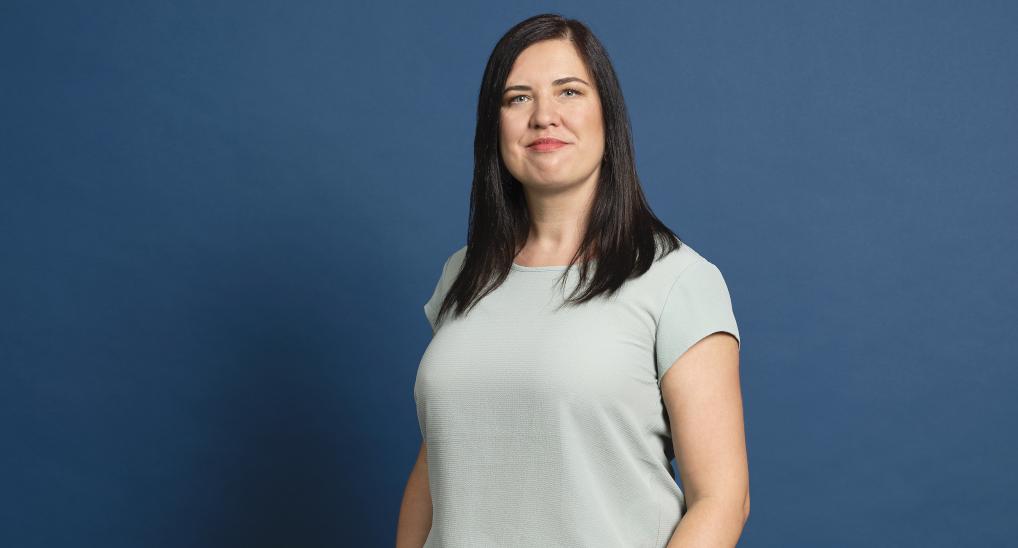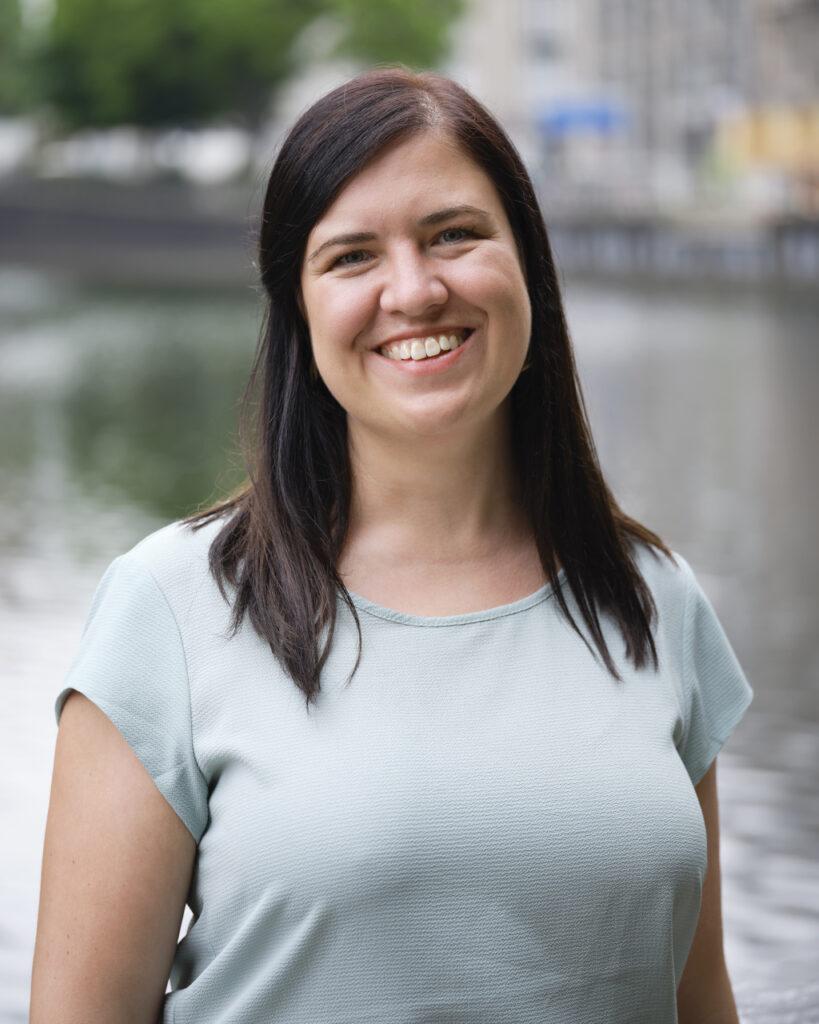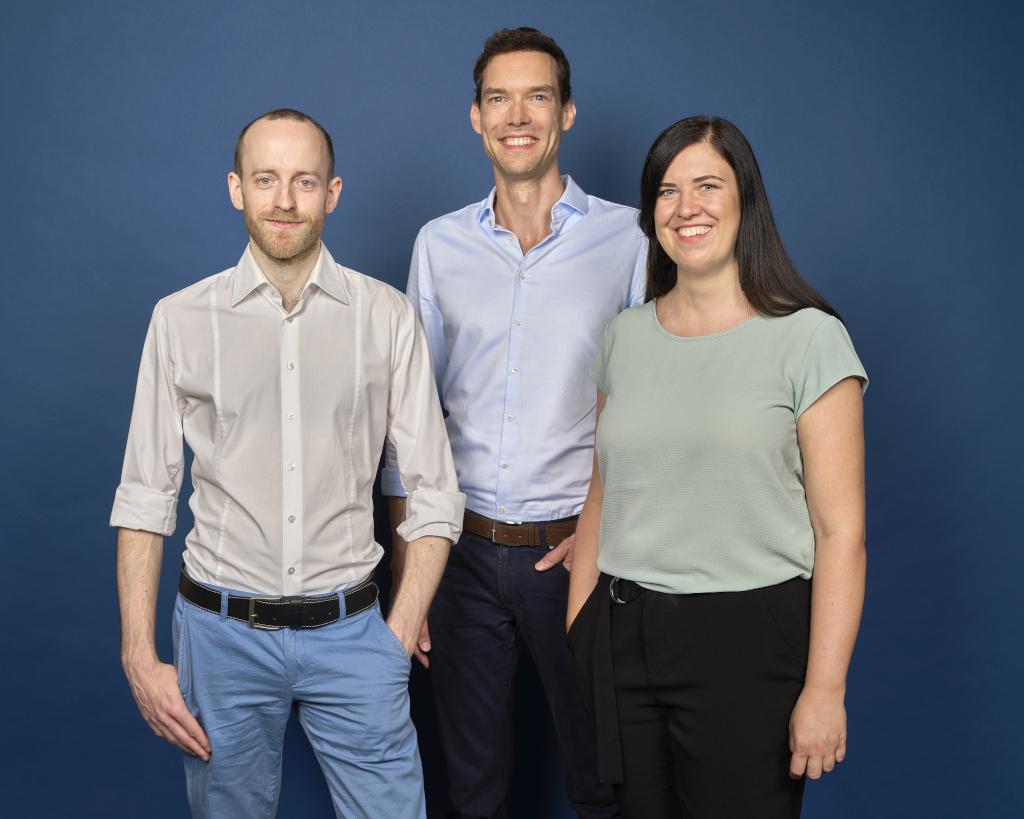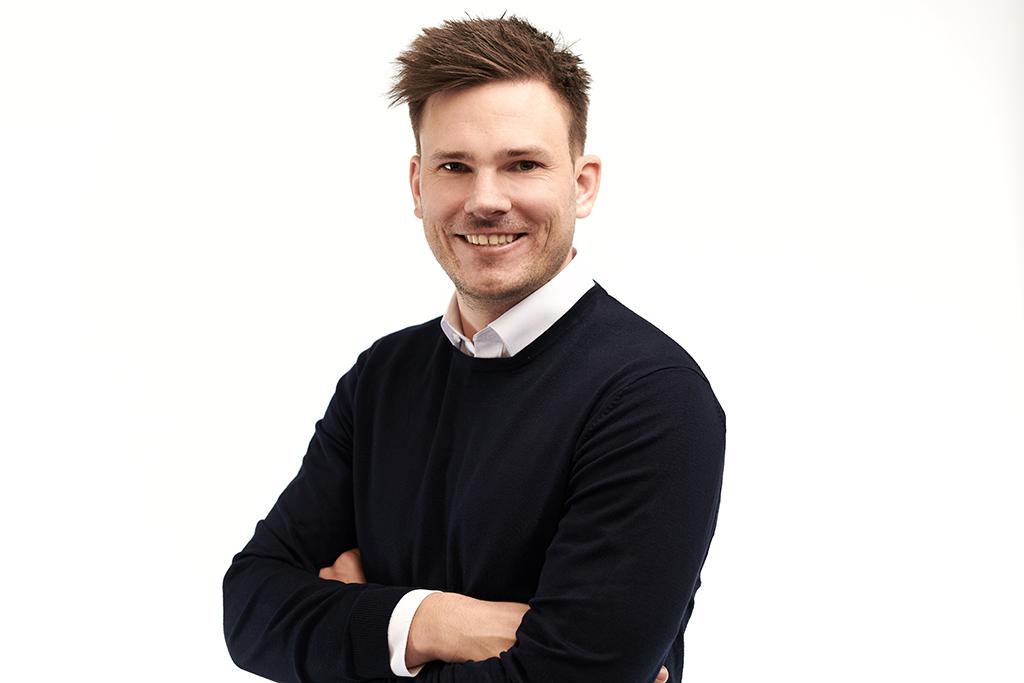From employee to founder: these are the ultimate tips from Susanne Krehl

The founder of Fabit was the first employee at Viafintech, which many still know as Barzahlen. Here she explains how she made the leap from start-up employee to company boss.
Susanne Krehl looks back positively on the past few years. After a long time at Viafintech (formerly Barzahlen), she took two big leaps: firstly, she quit her job and managed a big trip around the world before coronavirus. Secondly, she founded Fabit. The start-up sees itself as a digital coach for better money management and has been on the market with its own app since last fall. In this interview, she explains why this leap is not always easy and what golden rules Krehl has followed.
Ms. Krehl, you went from being an employee to a founder. Do you feel more pressure today?
At Viafintech I already had a lot of freedom, I first built up the communication and was then responsible for internationalization. I was the first in the team and trained others, so that was also "my baby". But now with Fabit it's something completely different: I clearly feel this responsibility, but I'm also very happy to be able to make all the decisions I want today.
How many nights do you sleep through?
I would say six out of seven. On the seventh night, I worry about the things that probably every female founder worries about. In principle, founding is like an emotional rollercoaster: sometimes things go well, then badly, every month or several times a day. Then there are also challenges where you don't know what to do at first. Sometimes an idea comes to me at three in the morning.
Wouldn't you like to hand over a few typical tasks of a founder?
No one likes giving notice. Fortunately, I haven't had to fire anyone at Fabit yet. And I would like to hand over the analysis: I'm still not a fan of Excel and like to have other data put into a presentable form.
When looking for the right co-founders, I went very much on gut feeling
Susanne Krehl, Fabit
When did you first have the idea of founding your own company?
It was during my time at Viafintech. Then I resigned in 2018 and went on a trip around the world. I also went to Australia, where there are low-income fintechs like MyBudget, which many people use to settle their debts. That was the first time I thought: that would also be something for Germany. After all, low incomes are far too rarely the focus of fintechs today. That's why Viafintech worked so well: Hardly anyone had this target group on their radar.
You founded the company with Ralf-Michael Schmidt and Robert Heim. Did you also look at other partners?
In the summer of 2020, I was looking for partners and also thought again about whether the concept was the right one. I decided the latter relatively soon. When I was looking for the right co-founders, I went on gut instinct. There were a few interested parties who were fully qualified, but my gut feeling was against it. I would advise every founder to do the same: If it's not a 100 percent fit, then you shouldn't do it. Ralf and Robert not only complement my skill set perfectly, they are also great people.

What was the biggest challenge at the beginning?
The first employees make a huge difference. They play a key role in determining the success or failure of a start-up, which I have already experienced first-hand. I recruited our first employees from my PR and fintech network, some of whom I already knew or had good recommendations for. That's also my most important tip for start-ups: Team, team, team. Who did you work with? Who has already delivered as an intern and could have developed further now? These are important questions to ask yourself.
If I have the feeling that there's more hot air than ability, then I won't hire someone
Susanne Krehl, Fabit
When do you not hire someone?
If I have the feeling that there's more hot air than ability, then I don't hire someone. That's why there are a few good tests, work samples and I always ask for references from the former employer. And I'm a fan of the probationary period. It shows who is "ok" and who is above average. So I look for employees who have previously been underestimated and who, with a little freedom, will develop into real talents.
What other advice would you give to founders?
Thinking you know everything is the biggest mistake you can make. Start-ups should therefore work a lot with customer interviews at an early stage, even if this might throw the work overboard. Feedback and help from the network is also very important: I always have a few founders and investors on WhatsApp speed dial. You can ask questions like: Which fund is good? Which manager liability insurance do I need? Or can you make an intro to person XY on LinkedIn? That's a tremendous treasure.
Thank you very much for the interview.
Personal details: Susanne Krehl started out in the communications industry and was the first employee at Barzahlen (now Viafintech), where she also managed the expansion into new European countries. In summer 2021, she founded Fabit to help people improve their financial habits. In her spare time, she is an avid scuba diver.

Newsletter
Startups, stories and stats from the German startup ecosystem straight to your inbox. Subscribe with 2 clicks. Noice.
LinkedIn ConnectFYI: English edition available
Hello my friend, have you been stranded on the German edition of Startbase? At least your browser tells us, that you do not speak German - so maybe you would like to switch to the English edition instead?
FYI: Deutsche Edition verfügbar
Hallo mein Freund, du befindest dich auf der Englischen Edition der Startbase und laut deinem Browser sprichst du eigentlich auch Deutsch. Magst du die Sprache wechseln?















